Leading mobile distribution company discusses Saudi telecom sector
Saudi Arabia has one of the most advanced infrastructures in the Middle East. It is now time to utilise this infrastructure. The operators use up to 30% of networks capacity but the remaining 70% remains idle.
Interview with Mohammed Sadyeh, CEO of Qanawat Telecom
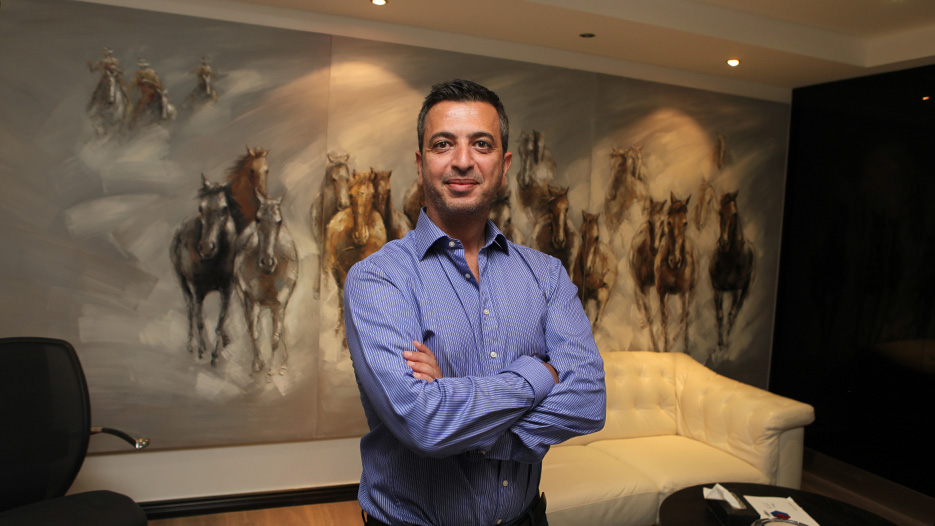
Traditional business models no longer work for the telecom operators. In your opinion what should be done for the larger telecom operators to reinvent themselves? Should they be more service oriented? Should they plunge further into the “application” world, data centres or should they just focus on maintaining the infrastructure?
Worldwide the telecom operators are facing many challenges. At a certain point, telcos were the jewels of industry. The challenges have come from building the infrastructure in order to reach everywhere and because more competitors have come into the market.
The customer wants to see more added-value services; in the past, it was about having a simple GSM mobile whether it was Nokia or Alcatel. Today you evaluate the product based on the services and especially the data related services. The big players in the world like Google, Amazon, and Yahoo etc. have become the players who lead and move the market.
Thus, day by day, the role of the operators owning the customers is decreasing and it is now more about infrastructure and the role of the operator is turning into being the medium for applications and content companies to reach the end user.
It is the time for the telecom operators to start thinking differently; firstly, they need to think of the end user and think of a particular segment, as they can no longer serve the market as a mass.

Saudi Arabia is one of the biggest markets in the Middle East and in the GCC, with a population of almost 30 million and huge revenue potential. The market has been serviced as a mass, one proposal for everyone. The time has come to re-evaluate each segment and to offer the soldiers a different product from the teachers and a different product from the students.
Everyone has different needs regarding data, applications, communication etc. This model exists in the developed telecom markets and now is being implemented in Saudi Arabia. The idea is that by focusing on each segment we will be able to give better value and that will increase the rating and reduce the share, which can be a nightmare for the operators.
Telcos should start thinking about B2B market and withdraw from B2C. With infrastructure in place, the operators can capitalize on opportunities as wholesalers i.e. letting others use their infrastructure for fees.
An operator here might have a channel for Google that has a certain capacity and certain range where Google can reach their customers and deliver their products. The B2B sector is a promising area that is not yet served, especially in countries like Saudi Arabia.
I think that those two areas are very important and they are the main objectives for the telecom operators today.
Otherwise, their revenues will continue to decline. The revenues will not increase unless they reduce the size of their companies in terms of their expenses and start to look at their bottom line from a different angle.
According to the latest statistics the market share of STC is 44%, Mobily is 38% and Zain is 17%. This year we have seen two new virtual mobile network operators entering the market that are Lebara and Virgin. What is this going to do to the market? Is it a step in the right direction? At the same time ARPU is expected to continue declining in Saudi Arabia during 2012-14 due to growth in subscriber base and price reduction amid aggressive competition. However, the growing demand for mobile broadband and Value Added Services (VAS) services should help operators to partially offset the deterioration in ARPU.
The MVNO business is very challenging. For one success, there are 10 failures. The problem with the MVNOs is that they are controlled by the operator and the operators will always be stingy when it comes to giving part of their market share to others. Differentiation and offering superior value from the incumbent operators is another challenge. This has not happened in the market. If Virgin starts giving customers travel miles or discounts on the hotels for example, then the added-value proposition might convince the customer to start using their products.
There are huge opportunities in the telecom industry.
There are huge opportunities in the telecom industry. Lebara and Virgin will have a very challenging couple of years. 2 more MVNOs might enter the market, however that is the limit. There are a few other candidates for MVNO licence, companies that can offer added-value and have extensive customer database. Jarir Bookstore is a company with a great potential. There are millions visiting Jarir every month, there is loyalty in Jarir so it makes sense to have a Jarir sim card if this card gives you more value for being a frequent visitor. These are successful operators worldwide.
Virgin is one of the biggest music distributors with a huge customer base. Another great example is Tesco in the UK with loyalty and customer database. The opportunities are there but you cannot go in the traditional way of distribution.
In 2013 alone Mobily added 2040 new 4G sites, bringing its 4G mobile coverage to 80% of the Kingdom, while it targeted laying fibre optic cable to 1.2m households by the end of 2014. STC was aiming to cover 90% of the Kingdom with its 4G LTE network by the end of the same year, by which time it hoped to have provided fibre-optic cable to 1.5m households. Are you fully satisfied with the state of the network in Saudi Arabia or do you feel more could be done?
Saudi Arabia has one of the most advanced infrastructures in the Middle East. It is now time to utilise this infrastructure. The operators use up to 30% of networks capacity but the remaining 70% remains idle.
The B2B wholesale business model is a potential solution in such environment. Investing in 4G LTE is a smart move; it has numerous advantage over 3G. Telcos that invested in 3G lost money as the returned on invested capital was low. 4G really is more stable, consistent and better for business. STC, Mobily and Zain did an outstanding work in covering Saudi Arabia with 4G LTE.
The beauty about 4G LTE is not the speed but LTE gives the proper medium for the application developers because many applications need high speed and consistency. This means there is good infrastructure for broadband.
Once FTTH becomes available to wider public, this will open the horizon for new services and community development. It will enable eLearning, eHealth, eCommunications etc. People from the remote cities and suburban areas will enjoy urban standard of living.
They can have the same or better education; they can have access to telecoms and connectivity just as people Riyadh. Saudi Arabia is moving in the right direction, however to cover 90% of the population with FTTH, there remain many obstacles.
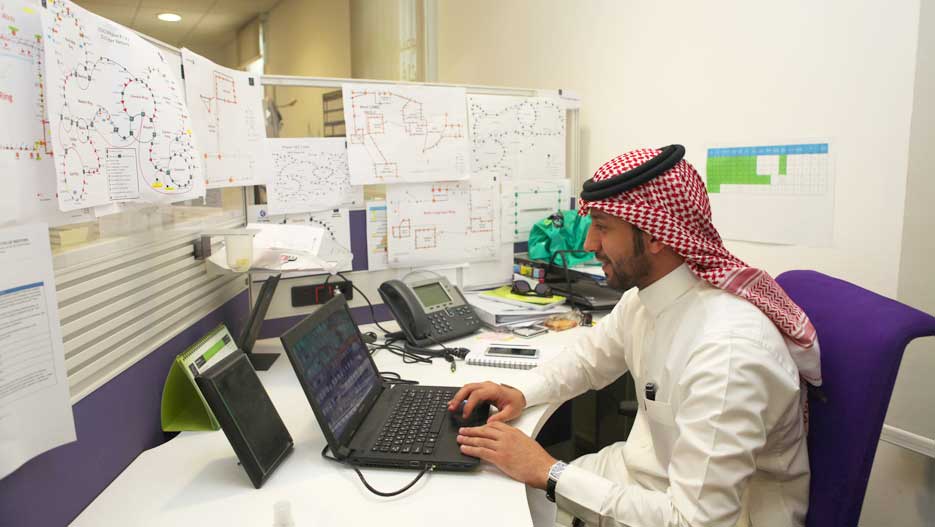
Once the infrastructure is ready, telcos can sell OSM for example as a TV channel, with a capacity over their fibre. Customers don’t have to invest anymore in receivers or satellites because cable TV can reach anywhere.
On top of infrastructure, Saudi telecoms have invested in data centres. Both, STC and Mobily have invested in large-scale data centres because they saw the iCloud concept potential. Major international corporations are moving towards cloud solutions. Microsoft for example has a new CEO now who was the ex-iCloud department head. Google and Amazon are the biggest iCloud providers worldwide.
Saudi Arabia can play a major regional role in data centres. Experts in the past used to talk about London, New York or Tokyo but now the Middle East can also be an important hub to take on international traffic, data storage and security.
Telecoms should start to bring in international business in this sector especially because it doesn’t need logistics as much as other sectors. It is a more virtual world that can be hosted here. This is another area for development. Compared to the region I think that Saudi has invested a high percentage of its budget in expanding the infrastructure which is beneficial for the end user.
Let’s talk about your business model. How does distribution fit into this business model or telecom environment? Where is your added value in the chain?
At Qanawat Telecom, a major part of the business stems from the partnership with a major telecom operator in Saudi Arabia. The company acts like a sales and marketing department. This gives Qanawat Telecom more focus as the different aspects of technology, HR, assurance are covered by the operator.
Qanawat Telecom is a pure customer focused company. For the operators it is difficult to remain trully customer focused as there are many factors in the equation. Qanawat Telecom reaches almost 90% of the population, delivering focused products to the final customer.
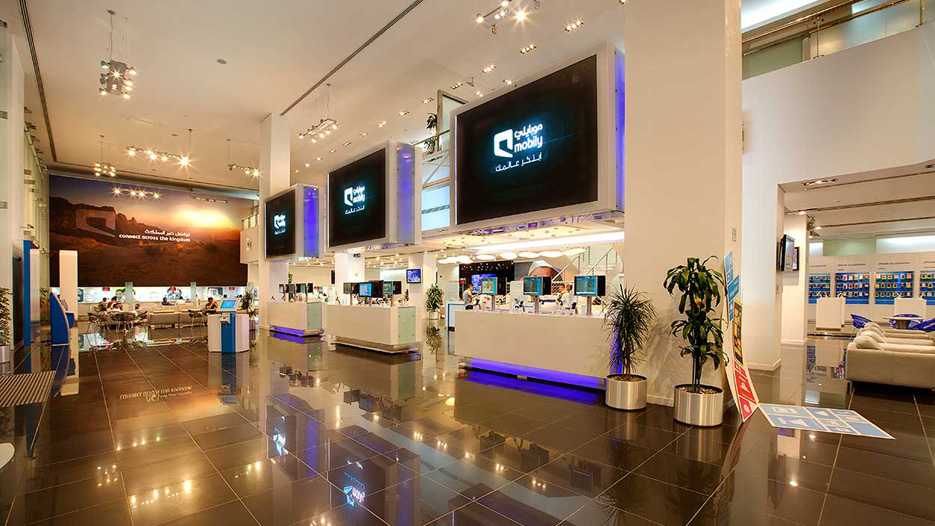
Understanding the customer is crucial to come up with tailor made products. Customers in Tabuk are high internet users, the product design for them will use high capacity internet for example 20GB a month at a fair price. In Riyadh, the expats care about their data allowance to make VOIP calls or use certain applications to call their home countries. These are low cost customers and require special redesigned products. The mission is to deliver to the customer the product that they really need within the budget.
At Qanawat Telecom, we try to reach out to the customer as opposed to classical model. With B2B and corporate market, our strategy is to meet directly, assess and listen to the clients on case-to-case basis, to conceive the best value products even at the cost of totally redesigning the offer.
Later, we provide valuable feedback to the telecom operator. To stay innovative the company goes to every international Expo or conference, such as CeBIT in Germany, GSM conference in Spain and the CET conference. Any innovation that can bring value to Saudi customer is brought immediately. Qanawat focuses a lot on the remote areas and so we could be the first to launch many IT and telecoms products in Saudi Arabia.
So far do you only work with one telecom operator?
The company is present in Saudi Arabia, Kuwait and in the UAE. In each country, the company has a strategic partner with one operator but the business model is about to change.
The challenge with the operators is that on the onset they are generous in giving part of their money to their partners and outsourcing companies but competition will challenge the operators to reduce their costs.
Today the penetration rate in Saudi Arabia stands at 169,3% in 2014. The operators’ challenge is that the expenses become higher compared to their revenue. This means the margins will shrink. Subsequently, their strategy is to reduce the discount and commission that they are giving to their partners in distribution, technology etc. They believe that partners especially in the distribution sector should be able to make revenue in other services to survive the reduction of the commission coming from the operators.
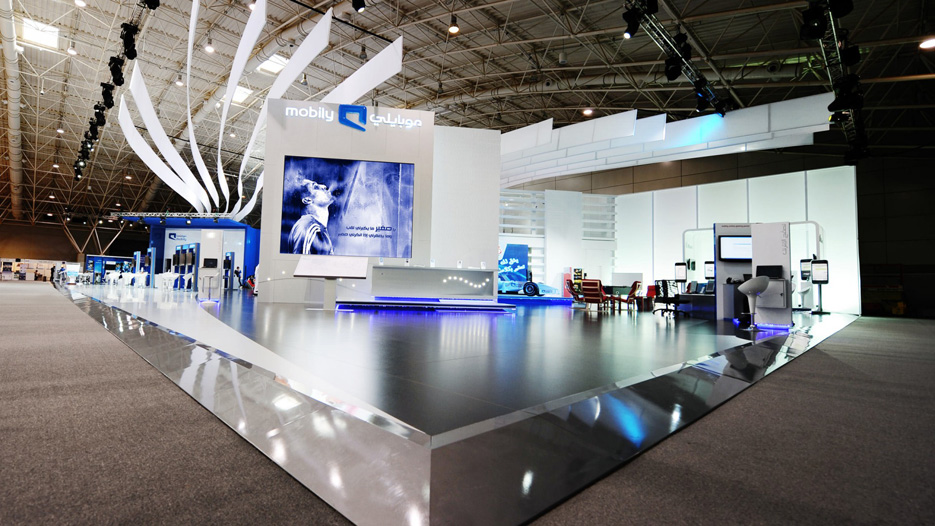
When this starts, the operators are forced to allow their partners to work with more than one operator to be able to remain profitable. In the advanced countries, outsourcing companies have stopped being exclusive and moved towards having all operators available. The above mention development will happen in Saudi Arabia within 2-3 years.
Recharge in Saudi Arabia used to be 100% plastic voucher, now operators are pushing towards eVouchers which means you can recharge at the grocers or in many points of sales.
There are 5 players in the market with the two MNVOs, it doesn’t make sense for you to have 5 different branch terminals in your grocers, it makes sense to have just one terminal that allows each operator and which offers more services i.e. paying by credit card or by cash. This shift is soon coming to Saudi Arabia.
Distribution is also sensitive when it comes to branding. Most probably some of the operators don’t want to relinquish this to a third party because if managed negatively it can impact the brand itself. What is the tentative line between being a high quality operator that doesn’t damage the brand of the product it carries?
It is a long process of evaluation and tenders. There is a long list of operation manuals and franchise manuals and brand positioning etc. It is based on two parts, your operations and your performance, which is highly rated to brand position.
The telecom operators need good monitoring and performance improvement procedures otherwise, it can be risky. For mature operators it makes sense to outsource their distribution as long as they can qualify it and consistently monitor the performance. Qanawat Telecom is managing about 60 operator franchise outlets, for customers that visit the branchthey don’t see Qanawat because everything there is Mobily.
Saudi Arabia is ranked amongst the top twitter usage countries in the world. Brand management and customer service are very important as mistakes can impact the reputation. Mobily has a well-built franchise model that they have built over years. All of their retail outlets have good methodology and that really gives high value to their brand.
Mobily has a well-built franchise model that they have built over years. All of their retail outlets have good methodology and that really gives high value to their brand.
What is in store for the future for the company?
Qanawat Telecom’s future is to go for economies of scale and maintain good relations with the operator. The priority is to create new revenue streams using the brand, distribution, infrastructure or any other strength to increase the revenue.
Qanawat Telecom is preparing for an application that will be launched in January 2016. The application will serve people by giving them access to someone else’s infrastructure. Qanawat Telecom will act like the medium between the people with the need and those who provide the solution to that need. The application is going to be customer focused. It is a big shift in the business model. The announcement will be in Dubai in December and then in January here in Saudi Arabia. The application will revolutionise certain aspect and will help the society.
Another initiative that is in the pipeline is related to eLearning. Qanawat Telecom has an initiative with a major telecom operator to present one of the most advanced eLearning systems in the world.
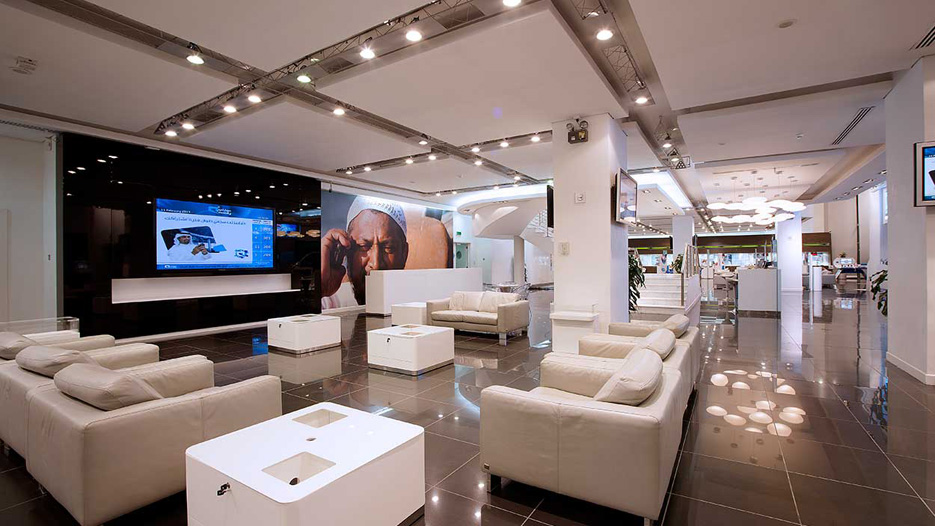
Another strategic focus for the next 5 years is eCommerce. The virtual world and the digital world are growing fast. People live in front of their computers much more than they spend time in the street or in malls. eCommerce is selling more than 10 retail outlets while the costs are not even one tenth.
Five years ago, people did not shop online. Today, you rarely meet someone who hasn’t bought something online. This will continue. The biggest retailer in 2020 will be eCommerce. This is a big area that we are investing in for the future. I believe that for any product owner it is important that they do not ignore this product channel otherwise they will be left behind.
Your revenue streams are still majoritively with the distribution of the telecoms services or have they shifted?
The strategy in 2016 is to generate more revenue from non-operators than from the operators. This will create more sustainable business model in the coming years, especially now that Qanawat Telecom has built infrastructure in four GCC countries. Besides Qanawat Telecom owns two R&D centres, developers in Beirut and Ukraine.